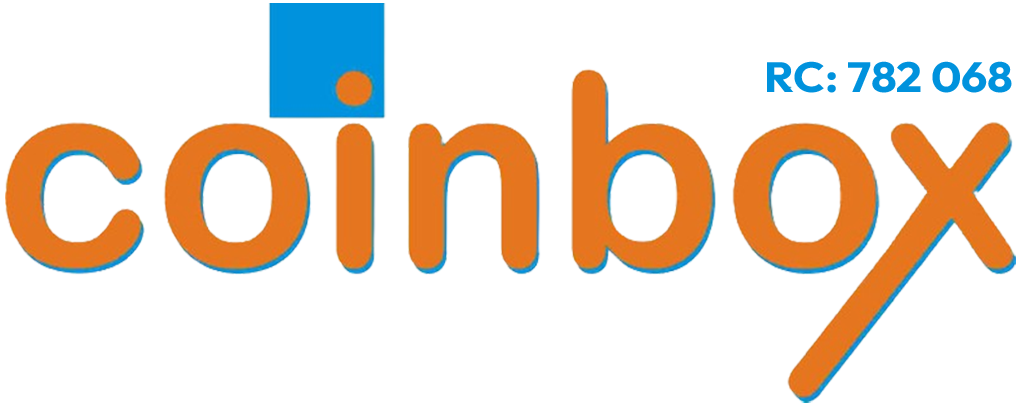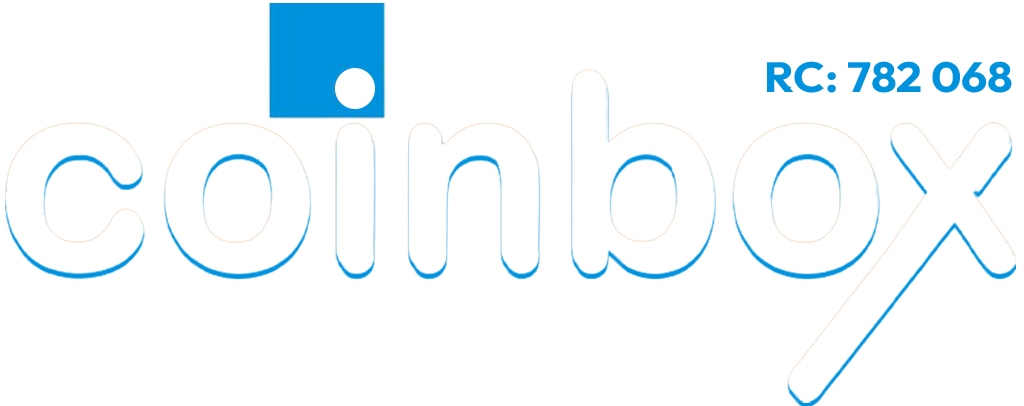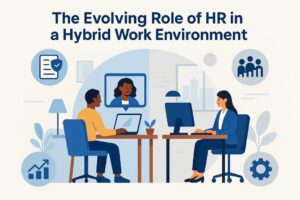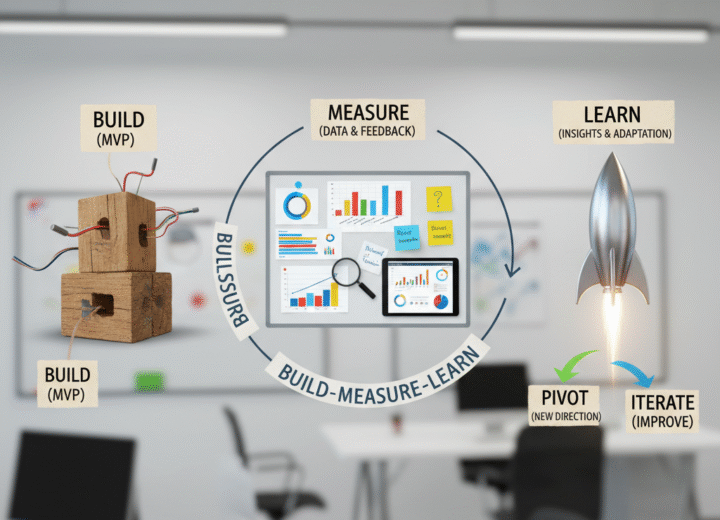The Evolving Role of HR in a Hybrid Work Environment
Introduction
The global shift to hybrid work has redefined the modern workplace. No longer a temporary response to crisis, hybrid work—a blend of remote and in office operations—is now a permanent fixture across industries. According to global surveys, over 70 percent of companies have embraced hybrid models, recognizing their potential to improve flexibility, employee satisfaction, and productivity.
In this transition, Human Resources (HR) has evolved from a traditional administrative function to a strategic business partner. HR now plays a central role in shaping flexible work models, fostering inclusive cultures, enabling digital transformation, and ensuring that organizations remain resilient and people centric.
1. Redefining HR Responsibilities in a Hybrid Context
In a hybrid work environment, HR’s scope has significantly expanded. Today’s HR leaders are responsible for:
Policy and Compliance Management
HR must craft clear, equitable hybrid work policies that define remote eligibility, schedules, cybersecurity protocols, and legal considerations across geographies. They must ensure these policies are adaptable yet consistent with labor laws and organizational values.
Workforce Strategy and Talent Management
The hybrid model demands a shift from attendance based oversight to outcome focused talent strategies. HR now designs workforce plans that support agility, internal mobility, and skills development regardless of an employee’s physical location.
Trust, Flexibility, and Inclusion
With rigid return to office mandates often causing friction, HR is tasked with cultivating a culture of trust. A Cisco study revealed that 77 percent of employees associate flexibility with being trusted by their employer. HR must foster psychological safety, belonging, and collaboration whether teams are remote, hybrid, or on site.
2. Enhancing the Employee Experience
The employee experience has become a top priority in hybrid workplaces. HR must ensure that all employees feel equally connected, valued, and supported.
Digital Onboarding and Engagement
From the first interaction, HR must deliver seamless virtual onboarding experiences. This includes remote orientation, technology setup, and cultural immersion. HR also drives employee engagement through virtual events, recognition programs, and transparent communication.
Equity in Development and Opportunities
Remote employees should have the same access to mentorship, promotions, and learning opportunities as those in office. HR must monitor career progression trends to avoid proximity bias and implement fair evaluation processes.
Focus on Wellbeing
In hybrid settings, work life boundaries can easily blur. HR now champions wellbeing by offering mental health support, flexible hours, employee assistance programs, and digital wellness initiatives to combat burnout and isolation.
3. Leveraging Technology for Connection and Performance
Technology is the backbone of hybrid work. HR is increasingly responsible for selecting, implementing, and managing digital tools that support the employee lifecycle.
Collaboration and Communication Tools
HR teams work with IT to provide platforms like Microsoft Teams, Zoom, Slack, and project management software that facilitate communication and teamwork across locations.
HRIS and Self Service Platforms
Modern HR departments deploy digital systems for payroll, benefits, learning, and performance management. These tools allow employees to access services independently while giving HR data driven insights.
AI and People Analytics
Artificial Intelligence is transforming HR functions from automated recruitment to predictive analytics for turnover and engagement. HR professionals now use data to make informed, proactive decisions and personalize the employee experience at scale.
4. Continuous Learning and Leadership Development
As roles evolve, so must the skills. HR is at the forefront of creating a culture of continuous learning in hybrid settings.
Upskilling and Reskilling
On demand learning platforms and certifications help employe
es adapt to digital tools and emerging job demands.
Performance Management
HR replaces outdated annual reviews with real time, goal oriented feedback systems.
Manager Enablement
HR trains leaders to manage hybrid teams effectively, emphasizing empathy, clarity, and inclusion in their leadership style.
Conclusion
In a hybrid world, HR has moved to the frontlines of business transformation. It is now responsible for driving culture, enabling flexibility, managing digital transitions, and ensuring equitable growth for all employees no matter where they work.
HR’s evolving role is not just about policies or technology. It is about leading with empathy, designing for flexibility, and creating human centered workplaces. As the nature of work continues to evolve, HR will remain the cornerstone of building organizations that are adaptable, inclusive, and future ready.
We’d love to hear from you!
Which work model suits you best—hybrid, on-site, or fully remote? Share your thoughts in the comments below.
If you’re looking to set up any of these models effectively or need help understanding how they work, feel free to reach out in the comments—I’m here to support you.








